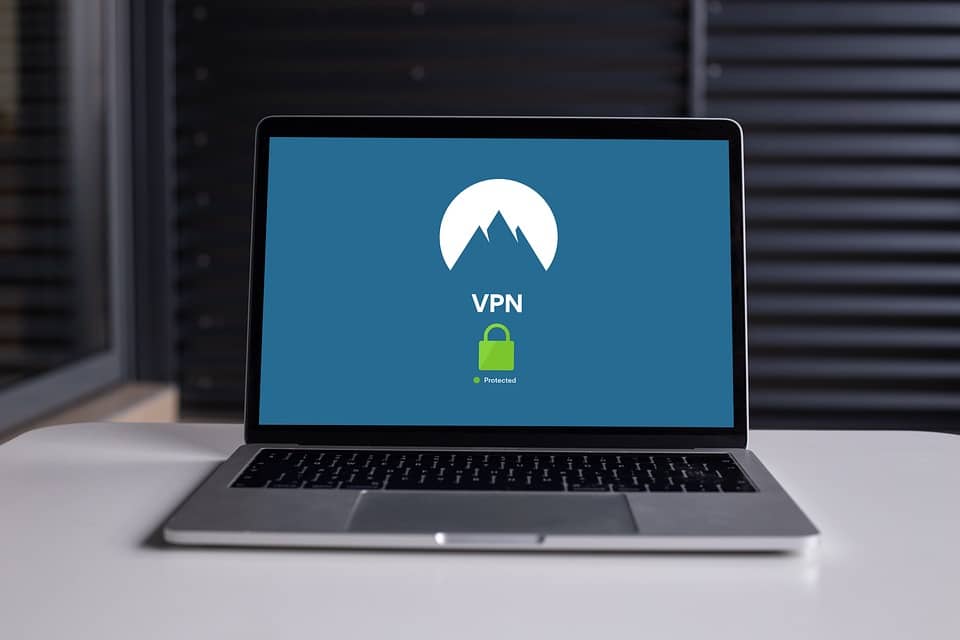The Power of the Blockchain: How It Can Elevate Online Voting and Promote Fair Elections
In today’s digital age, the concept of online voting has become increasingly popular, with many countries and organizations exploring its potential to increase voter turnout and streamline the electoral process. However, concerns about security, transparency, and integrity have long been a major hurdle to widespread adoption. Enter the blockchain, a decentralized, distributed ledger technology that has the potential to revolutionize online voting and promote fair elections.
The Challenges of Online Voting
Traditional online voting systems are vulnerable to hacking, tampering, and manipulation, which can undermine the integrity of the electoral process. In recent years, several high-profile election hacking incidents have raised concerns about the security of online voting systems. For example, in the 2016 US presidential election, hackers targeted election systems in 21 states, compromising voter registration databases and potentially altering election results.
The Role of Blockchain in Online Voting
Blockchain technology offers a secure, transparent, and tamper-proof solution for online voting. By using blockchain, online voting systems can ensure the integrity of the voting process, prevent fraud, and maintain the confidentiality of voter information. Here are some key benefits of using blockchain in online voting:
- Immutable Ledger: Blockchain technology creates an immutable ledger that records every vote, making it impossible to alter or manipulate the voting process.
- Decentralized Network: Blockchain is a decentralized network, meaning that there is no single point of failure or control, making it difficult for hackers to compromise the system.
- Encryption: Blockchain technology uses advanced encryption techniques to protect voter information and ensure the confidentiality of votes.
- Transparent Voting Process: Blockchain technology provides a transparent voting process, allowing voters to track the status of their votes and verify the accuracy of election results.
How Blockchain Can Elevate Online Voting
Blockchain technology can elevate online voting in several ways:
- Increased Voter Confidence: By providing a secure and transparent voting process, blockchain technology can increase voter confidence and participation in online voting.
- Improved Election Integrity: Blockchain technology can ensure the integrity of the voting process, preventing fraud and manipulation, and maintaining the confidentiality of voter information.
- Reduced Costs: Blockchain technology can reduce the costs associated with traditional voting systems, such as paper ballots, voting machines, and poll workers.
- Increased Accessibility: Blockchain technology can increase accessibility for voters with disabilities, remote voters, and voters in areas with limited access to traditional voting systems.
Real-World Applications of Blockchain in Online Voting
Several countries and organizations have already implemented blockchain technology in online voting systems, with promising results. For example:
- Voting in Estonia: Estonia has been using blockchain technology for online voting since 2014, with over 30% of voters participating in online elections.
- Voting in Switzerland: Switzerland has also implemented blockchain technology for online voting, with over 20% of voters participating in online elections.
- Voting in the US: Several US states, including West Virginia and Arizona, have conducted online voting pilots using blockchain technology.
Conclusion
Blockchain technology has the potential to revolutionize online voting and promote fair elections. By providing a secure, transparent, and tamper-proof solution, blockchain technology can increase voter confidence, improve election integrity, reduce costs, and increase accessibility. As the world continues to move towards digital voting, it is essential to adopt blockchain technology to ensure the integrity and security of the electoral process.
FAQs
Q: What is blockchain technology?
A: Blockchain technology is a decentralized, distributed ledger technology that records transactions and data in a secure and transparent manner.
Q: How does blockchain technology work in online voting?
A: Blockchain technology creates an immutable ledger that records every vote, making it impossible to alter or manipulate the voting process. It also uses advanced encryption techniques to protect voter information and ensure the confidentiality of votes.
Q: Is blockchain technology secure?
A: Yes, blockchain technology is considered secure due to its decentralized nature, advanced encryption techniques, and immutable ledger.
Q: Can blockchain technology be used for other applications beyond online voting?
A: Yes, blockchain technology has a wide range of applications beyond online voting, including supply chain management, financial transactions, and identity verification.
Q: How can I get started with blockchain technology for online voting?
A: To get started with blockchain technology for online voting, you can research and explore existing blockchain-based online voting platforms, or consult with experts in the field to develop a custom solution.
Q: What are the benefits of using blockchain technology for online voting?
A: The benefits of using blockchain technology for online voting include increased voter confidence, improved election integrity, reduced costs, and increased accessibility.
Q: Are there any challenges associated with using blockchain technology for online voting?
A: Yes, some challenges associated with using blockchain technology for online voting include the need for advanced technical expertise, the potential for voter confusion, and the need for ongoing maintenance and updates.
Q: Can blockchain technology be used for offline voting as well?
A: Yes, blockchain technology can be used for offline voting as well, by creating a secure and tamper-proof voting system that can be used in areas with limited or no internet connectivity.

Leave a Reply